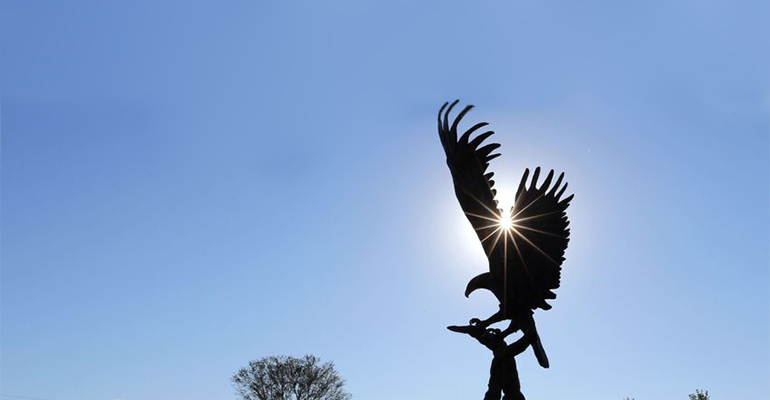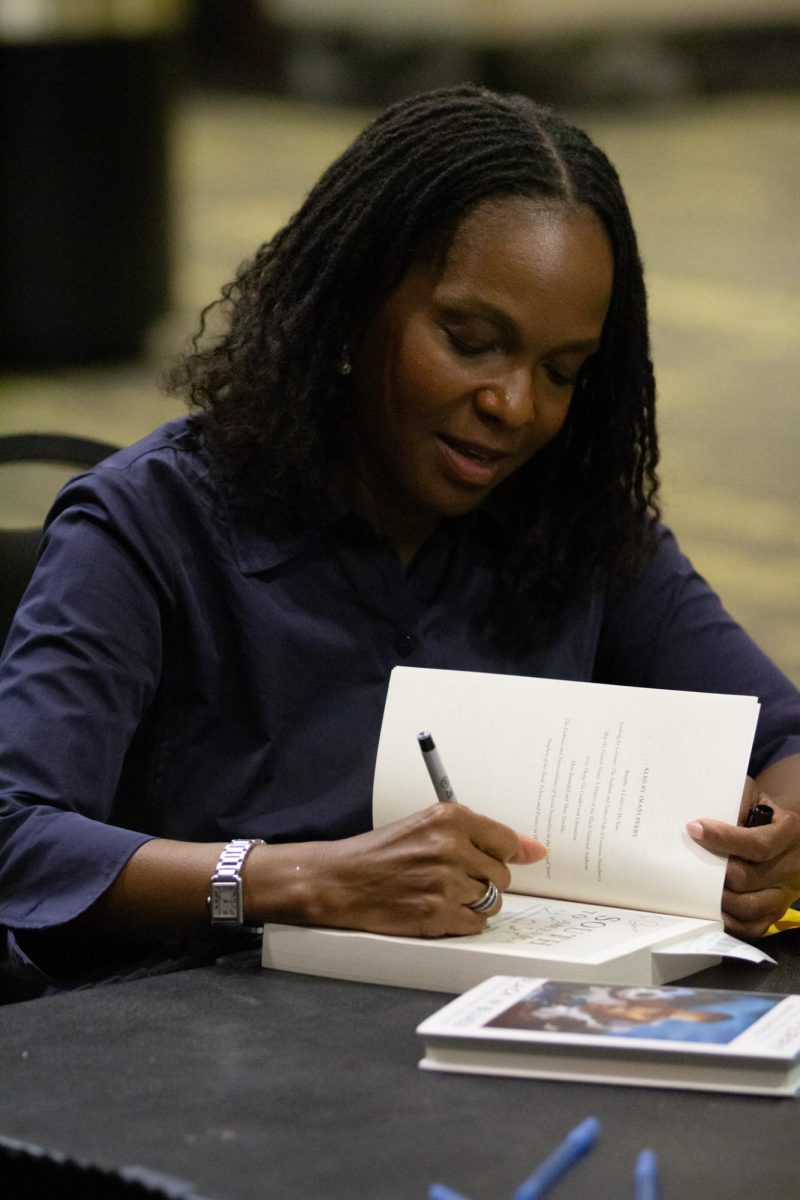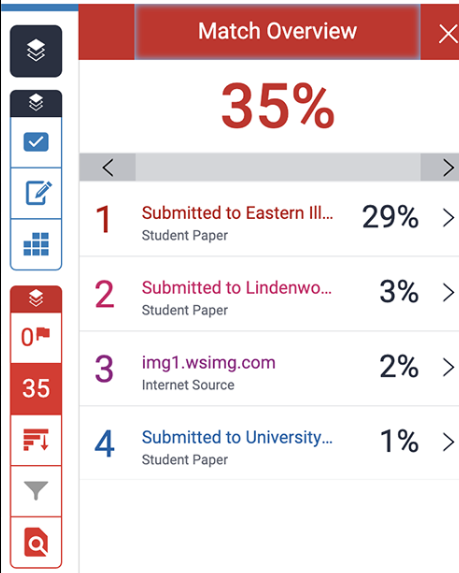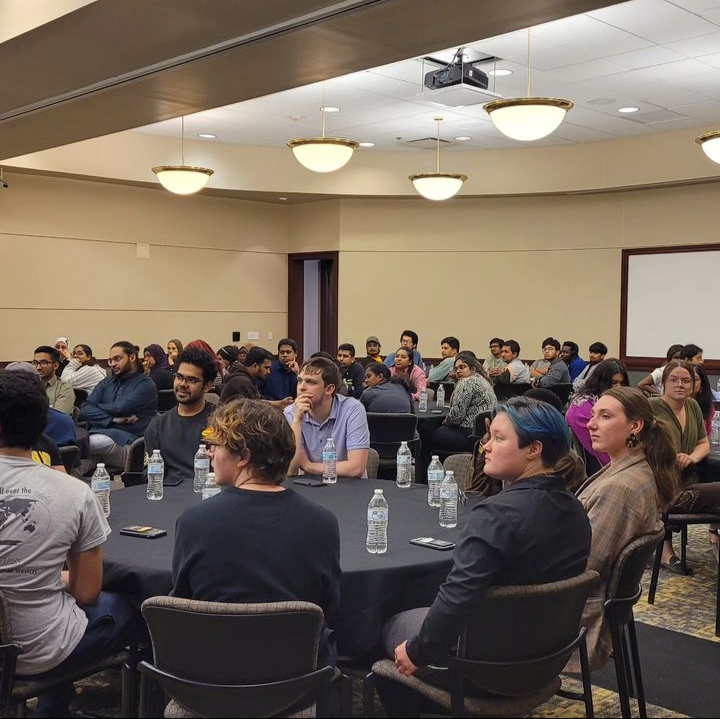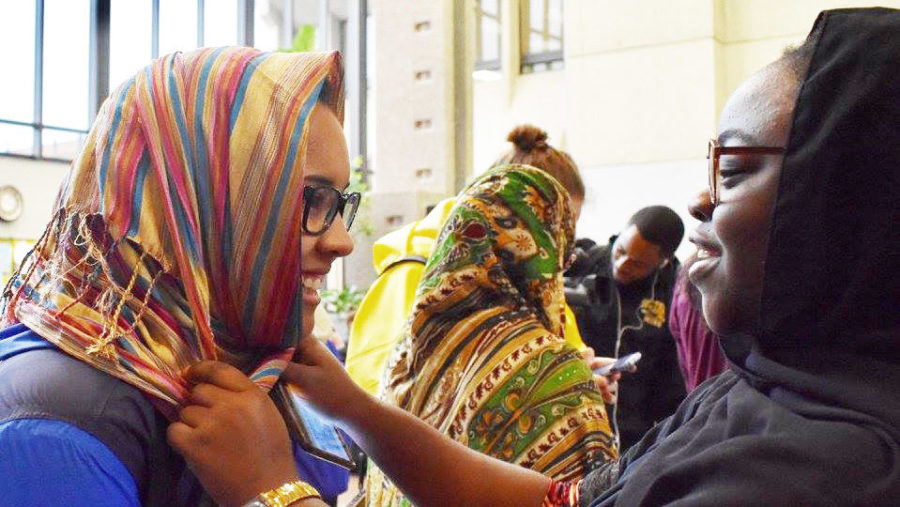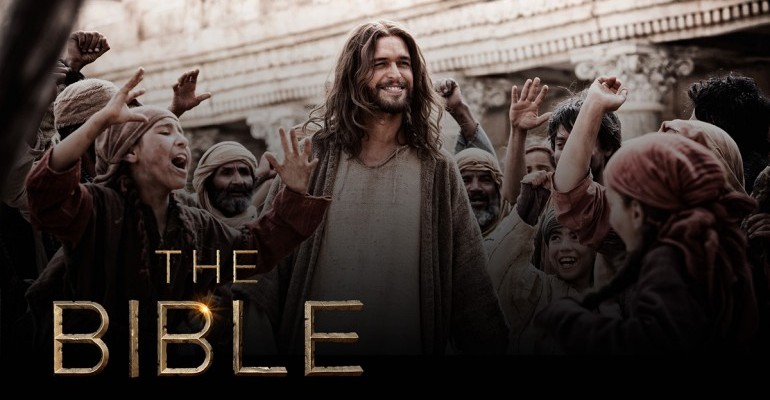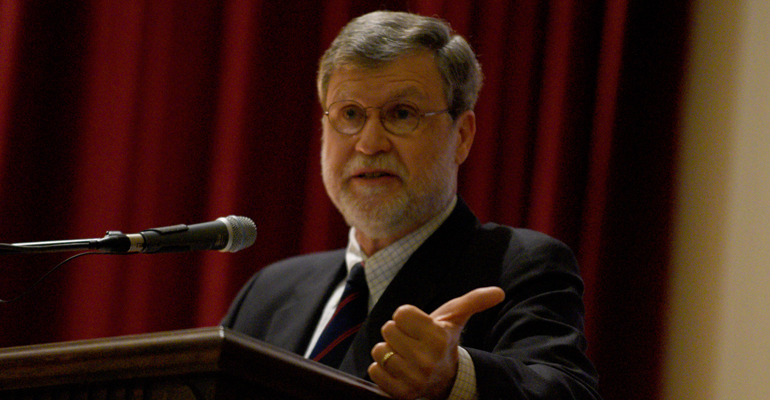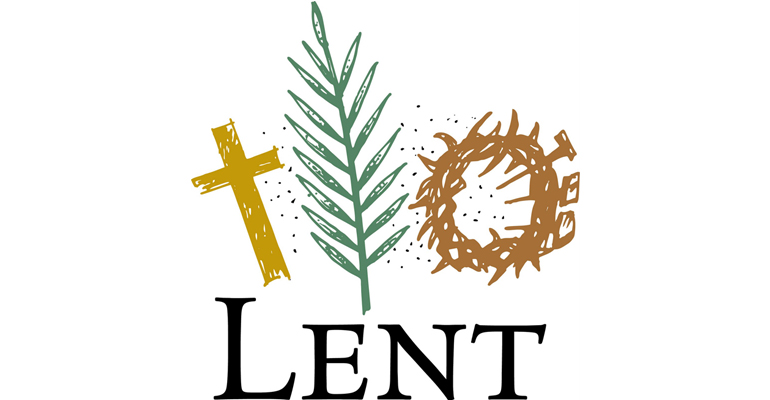Students at The University of Southern Mississippi will no longer be able to pursue a major in religion starting the spring 2017 semester.
The critical change in the Department of Religion and Philosophy comes amidst increasing concerns about programs and areas of emphasis with low enrollment rates.
“The provost’s office has asked each of the colleges to review each of their degree programs and areas of emphasis,” said Chair of the Department of Philosophy and Religion David Holley. “The religion program was one that fell under the heading of not having many students. We had a drop in the number about a couple of years ago, and the program hasn’t grown significantly in the last few years, so we’re suspending admission to the major.”
Currently, there are only 10 students majoring in religion at USM, which Holley said is “not enough to sustain a degree.” This number does not include religion minors or students in upper-level religion courses who are pursuing majors in other departments – about 75 percent of students who take upper- level religion courses pursue majors in other departments, according to Holley.
“There are quite a few people from across campus that are interested in the area of religion and want to study it,” he said. “The kind of skills that [the religion major involves] are the sort you use in lots of jobs – general kinds of skills that could prepare you for lots of fields.”
The department has proposed suspending the religion major and changing the philosophy major to allow more electives to be taken in religion so that students who want to study religion can do so as part of a philosophy degree.
“It’s not the kind of thing that appears on your diploma,” Holley said. “It’s an informal area of concentration.”
Assistant Professor in the Department of Philosophy and Religion Amy Slagle said the move, though heartbreaking, is not necessarily bad.
“[It’s] going to be crafted a little bit differently so that the student who wants to have the religion concentration has to take more philosophy courses than just the straight-up religion major,” she said. “We don’t see that as necessarily a bad thing to have that kind of wider awareness and breath of study because there is a lot of overlap in some of the key questions posed [within both] philosophy and religion.”
As for whether or not the university will ever offer the religion major again, Holley is cautiously optimistic.
“We’ll have to wait and see if we get some strong indication of student interest,” he said. “We’d have to have a lot of definite evidence that students [are] interested in majoring in it again.”
“For me, it’s really important that we continue to have these conversations against the backdrop of things that are going on in our own country and globally,” Slagle said. “This kind of awareness and discussion of diverse perspectives and different ways in which people live their lives as reflected in their religious commitments is really important.”






















